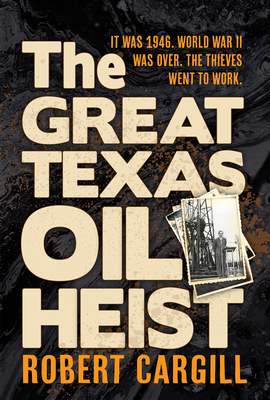Expedite your nonfiction book discovery process with Readara interviews, summaries and recommendations, Broaden your knowledge and gain insights from leading experts and scholars
In-depth, hour-long interviews with notable nonfiction authors, Gain new perspectives and ideas from the writer’s expertise and research, Valuable resource for readers and researchers
Optimize your book discovery process, Four-to eight-page summaries prepared by subject matter experts, Quickly review the book’s central messages and range of content
Books are handpicked covering a wide range of important categories and topics, Selected authors are subject experts, field professionals, or distinguished academics
Our editorial team includes books offering insights, unique views and researched-narratives in categories, Trade shows and book fairs, Book signings and in person author talks,Webinars and online events
Connect with editors and designers,Discover PR & marketing services providers, Source printers and related service providers

The Great Texas Oil Heist
History > United States - State & Local - Southwest (AZ, NM, OK, TX)
- Stephen F. Austin University Press
- Paperback
- 9781622884025
- 9 X 6 X 0.45 inches
- 0.65 pounds
- History > United States - State & Local - Southwest (AZ, NM, OK, TX)
- (Single Author) Asian American
- English
Readara.com
Book Description
It was 1946. World War II was over. The thieves went to work. They drilled deviated wells from outside the East Texas Oil Field back into the oil that remained after 16 years of production. This was the oil field that supplied the oil needed for an Allied victory in 1945. The deviators continued their nefarious activity until an angry and aggressive attorney general led his posse of lawmen, including the Texas Rangers, into East Texas to stop the theft and administer Texas justice. I tell this story on the basis of 35 years of research and my father's well files. Yes, he drilled six of the nearly 400 deviated wells. I first learned of the so-called Slant-Hole scandal in late spring 1962. That's when colleagues in my research group at the University of California at Berkeley accosted me with the morning's San Francisco Chronicle. They knew my father was an East Texas oilman. One pointed to an article reporting that oilmen in East Texas had drilled deviated oil wells from beyond the known productive limits of the East Texas Oil Field to steal oil.
Has your dad been stealing oil?
Of course, not! I replied.
I had known nothing of the illicit activity until that morning.
Then a report in TIME further exposed the East Texas oil scandal that had erupted in my hometown of Longview.
Here, then, for the first time, I reveal the story of how a few dozen oilmen stole up to 20 million barrels from the East Texas Oil Field. I am eager to share what I have learned and to tell the truth of the slant-hole scandal--the circumstances that made it inevitable, who did what to whom, and how the matter eventually reached its conclusion. Much of what I reveal in this book has been the tightly guarded secrets of the families of the participants so that grandchildren can be kept from knowledge of granddaddy's scandalous behavior. But most of what I reveal here lies barely hidden in the public record. The slant-hole story is a significant piece of Texas history, and it must be told before no one is left to tell it.
Author Bio
Robert Cargill Jr. is a native son of East Texas where as a child he was fascinated by the flaring gas from oil wells in his grandfather’s back yard. He studied chemistry at Rice, earned a PhD at MIT, and was a research fellow at the University of California at Berkeley before becoming a chemistry professor at the University of South Carolina in 1962. His research there led to what became known as the “Cargill Rearrangement” and to the Russell Award for Excellence in Research in 1974. In 1980 he joined his father’s oil and gas business in East Texas that had suffered from the effects of the oil crises of the late 1970s.
He maintains interests in the East Texas Oil Field and in other oil deposits. He is an active alumnus of Rice and MIT. He and his wife Martha have a blended family of seven children, twelve grandchildren, and three great-grandchildren. He and Martha live in Dallas.
Source: texasoilheist.com
Videos


Community reviews
No Community reviews

